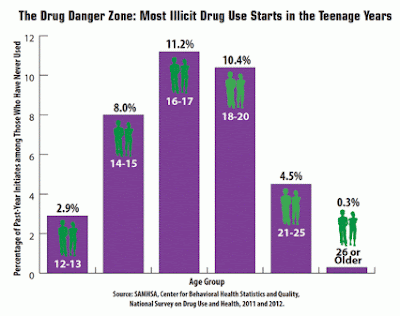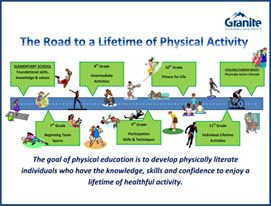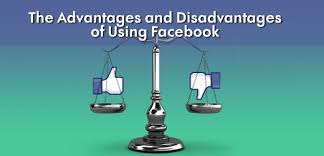Drugs, Brains, and Behavior: The Science of Addiction
Why is Adolescence a critical time for preventing Drug Addiction?
 |
| photo courtesy Google image |
As noted previously, early use of drugs increases a person’s
chances of developing addiction. Remember, drugs change brains—and this can
lead to addiction and other serious problems. So, preventing early use of drugs
or alcohol may go a long way in reducing these risks. If we can prevent young
people from experimenting with drugs, we can prevent drug addiction.
Risk of drug abuse increases greatly during times of
transition. For an adult, a divorce or loss of a job may lead to drug abuse;
for a teenager, risky times include moving or changing schools.12 In early
adolescence, when children advance from elementary through middle school, they
face new and challenging social and academic situations. Often during this
period, children are exposed to abusable substances such as cigarettes and
alcohol for the first time. When they enter high school, teens may encounter
greater availability of drugs, drug use by older teens, and social activities
where drugs are used.
At the same time, many behaviors that are a normal aspect of
their development, such as the desire to try new things or take greater risks,
may increase teen tendencies to experiment with drugs. Some teens may give in
to the urging of drug-using friends to share the experience with them. Others
may think that taking drugs (such as steroids) will improve their appearance or
their athletic performance or that abusing substances such as alcohol or MDMA(ecstasy or “Molly”) will ease their anxiety in social situations. A growing
number of teens are abusing prescription ADHD stimulants such as Adderall® to
help them study or lose weight. Teens’ still-developing judgment and
decision-making skills may limit their ability to accurately assess the risks
of all of these forms of drug use.
Using abusable substances at this age can disrupt brain
function in areas critical to motivation, memory, learning, judgment, and
behavior control.7 So, it is not surprising that teens who use alcohol and
other drugs often have family and social problems, poor academic performance,
health-related problems (including mental health), and involvement with the
juvenile justice system.



Comments
Post a Comment